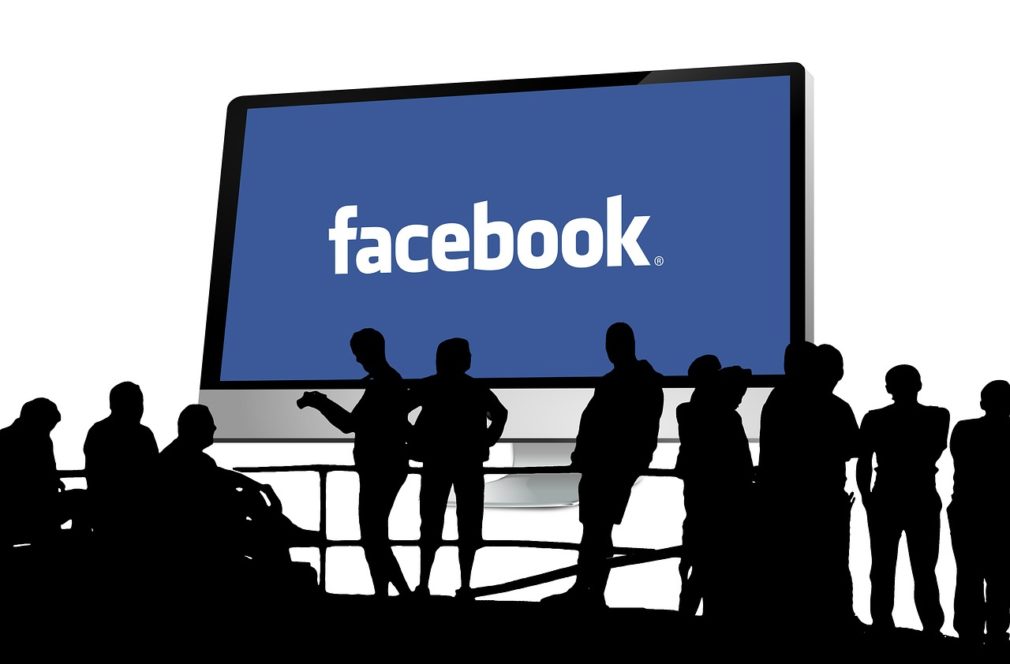Online social platforms, such as Twitter and Facebook have recently been receiving immense flak for not being able to clamp down on the spread of misleading news and hate speech across their platforms. Germany wasn’t too impressed with their relaxed outlook and decided to introduce a draft bill, which is aimed at curbing the said shortcomings by imposing hefty fines up to $53 million (or 50 million euros) on social media giants and other internet ventures if they fail to moderate this abusive/fake content.
Well, it seems Facebook is not very satisfied with this approach that’s being employed by the country’s Ministry of Justice. And has decided to call out the government, via a statement to German news site WirtschaftsWoche, on the proposed Network Enforcement Act (Netzwerkdurchsetzungsgesetz or NetzDG in Deutsch) saying it’s unsuitable to combat hate speech & false news. It also goes on to mention that the government was only trying to hold someone else responsible and passing on its own political duties towards the country to an online platform.
With false news playing an important role in deciding the unfavorable outcome of U.S elections, all other nations are worried about similar consequences. Hence, they’re doing everything in their power to push platforms, like Facebook and Twitter to immediately act and secure the spread of information. Germany also has elections this year and is, thus, trying to prevent the spread of hate as well as fake content on social platforms in the nation with the proposed draft bill.
Earlier in 2015, multiple high-profile internet giants including Google, Twitter, Facebook and others had agreed to honor the code of conduct of the country. They had also pledged to remove hate speech and abusive content from the platform within 24 hours of the same being reported by the community.
And while Facebook has been working on several initiatives, including a whole Journalism Project, the German government believes that its performance has been going steadily downhill and it has become worse at handling user complaints. It attracted attention when it delayed the deletion of a hate group targeting Jewish citizens and their livelihood.
Facebook believes in the same ethics against hate speech and fake news but is completely against the hefty fines being introduced. Speaking about the same, a Facebook spokesperson in an official statement said:
In its statement on the Network Enforcement Act (GER: Netzwerkdurchsetzungsgesetz, NetzDG), Facebook outlines the main reasons why the NetzDG is not suitable to combat hate speech and false news. Generally, Facebook shares the federal government’s concern regarding hate speech and false news online.
At the same time, Facebook understands its own responsibility and welcomes political efforts to combat these challenges. However, the draft law is not the right way to achieve these political goals.
The social networking giant is generally known to convey its statements through a press agency but it has directly delivered today’s statement against the proposed ‘anti-hate speech’ law. It is highly unlikely for Facebook to directly speak up against such political matters but it is now rebuking the hasty decision being taken by the German government. This has become of extreme concern to a platform of Facebook’s scale, which is one of the prominent sources of info for online users. It continues to talk about the proposed bill saying:
The draft law provides an incentive to delete content that is not clearly illegal when social networks face such a disproportionate threat of fines. It would have the effect of transferring responsibility for complex legal decisions from public authorities to private companies.
Also, Facebook has talked to several legal experts about the proposed anti-hate speech draft. They’ve concluded that the draft bill is against the German constitution and non-compliant with EU law. The social media giant is not looking to start a knife fight with the German government but is willing to work in amalgamation with them to curb the problems plaguing online platforms. There is no immediate need of futile laws, much like China, who keeps everything in check with its Dragon Firewall.
The Tech Portal is published by Blue Box Media Private Limited. Our investors have no influence over our reporting. Read our full Ownership and Funding Disclosure →






